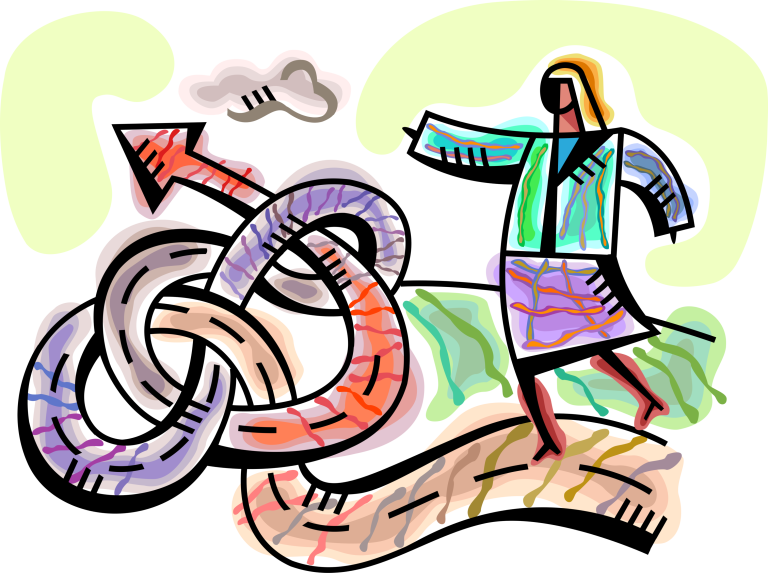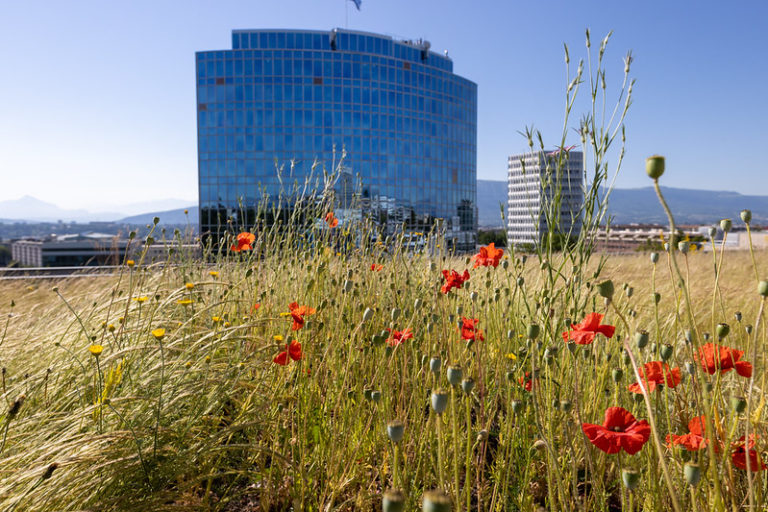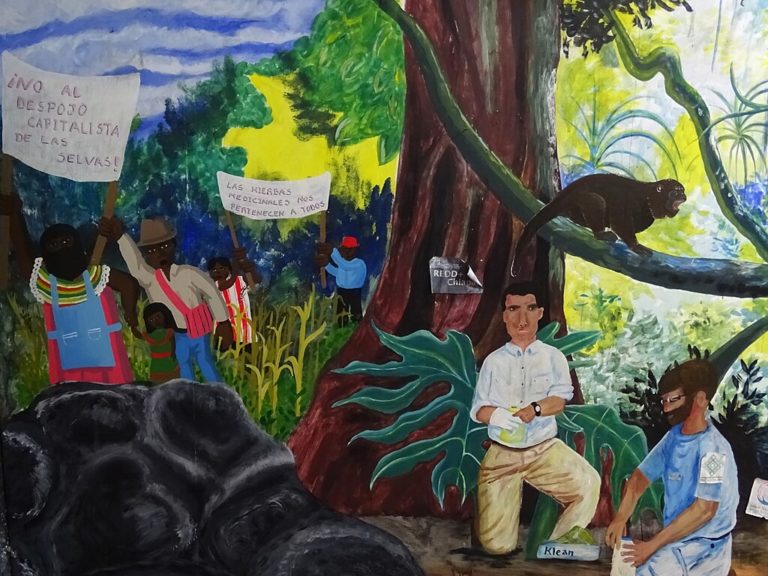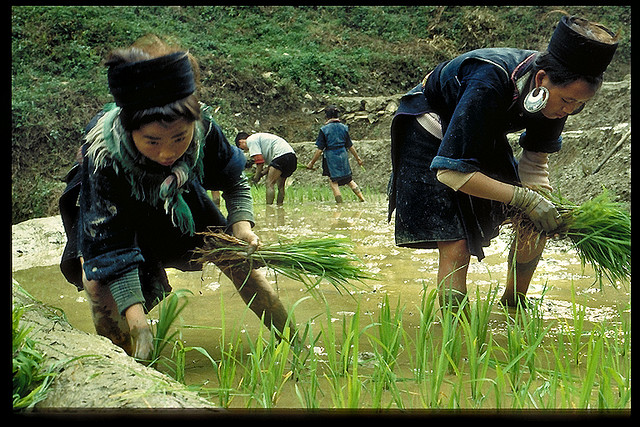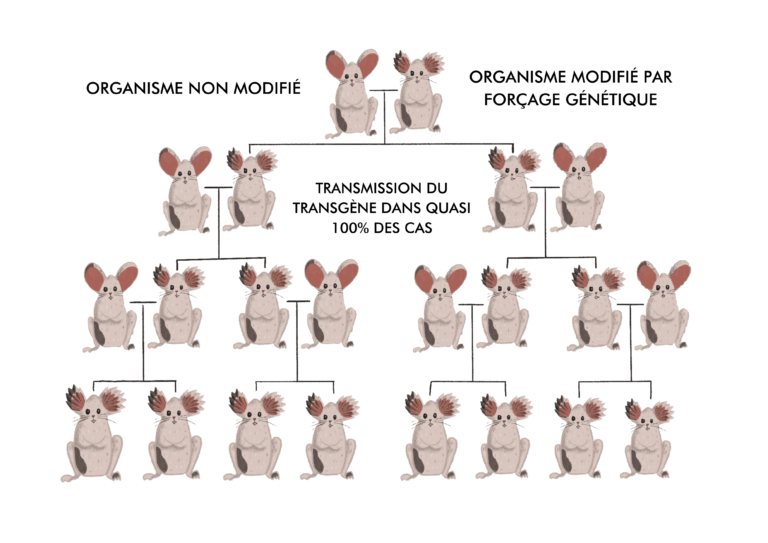Veille juridique Inf’OGM du 28 novembre au 5 décembre 2022
FRANCE
• Assemblée nationale
Résolution appelant à un accord ambitieux lors de la quinzième conférence des parties à la Convention sur la diversité biologique
Lors de sa séance du 30 novembre 2022, l’Assemblée nationale a adopté une résolution appelant à un accord ambitieux lors de la quinzième conférence des parties à la Convention sur la diversité biologique, qui se tiendra du 7 au 19 décembre à Montréal (Canada).
Dans leur résolution, les députés invitent le Gouvernement à « rechercher une solution pour le traitement des informations de séquençage numérique issues des ressources génétiques ».
Lien ici.
Nouvelle question parlementaire : bilan de l’interdiction des néonicotinoïdes
Question N° 3461 de M. Alexandre Sabatou (Rassemblement National – Oise) :
« M. Alexandre Sabatou interroge M. le ministre de l’agriculture et de la souveraineté alimentaire sur le bilan de l’interdiction des néonicotinoïdes en France depuis 2018 associé à un bilan comparatif sur l’autorisation exceptionnelle de les utiliser en 2021 et 2022. Cette interdiction dictée par l’Union européenne crée une concurrence déloyale au sein de cette même Union et a été faite sans prendre en compte des alternatives à ces interdictions. Les betteraviers français ont déjà subi une baisse des quotas de production imposée par l’Union européenne, qui a eu pour conséquence la fermeture de quatre sociétés betteravières françaises alors que la France est un des leaders mondiaux dans ce domaine. Pour rappel, la décision d’interdire la molécule néonicotinoïde qui est directement intégrée par le semencier dans la graine et qui permettait d’éviter certains parasites spécifiques s’est faite sans étude préalable de remplacement. Les betteraviers ressentent d’autant plus l’injustice de cet arrêt que la betterave est récoltée avant floraison et donc ne peut pas être un « tueur d’abeilles » comme cela leur a été injustement reproché. Cette politique poussée par l’Union européenne est appliquée strictement par la France alors que l’Allemagne et les Pays-Bas dérogent à la règle. Encore une fois, les betteraviers français ont l’impression que l’Allemagne est favorisée, comme ils l’avaient déjà constaté pour les quotas. La France doit faire face à la concurrence de pays n’ayant pas interdit l’usage de la molécule néonicotinoïde. Les pays d’Amérique du Nord, eux, utilisent des OGM et travaillent sur le séquençage ADN (NBT). La France ne propose aucune alternative aux betteraviers français. Le risque à moyen terme est de voir péricliter cette production française très performante. Les positions dogmatiques de l’Union européenne alliées au jusqu’auboutisme écologique vont venir à bout d’une filière française jusque-là florissante. Il lui demande sa position sur ce sujet ».
Question en attente de réponse.
Lien ici.
• Sénat
Compte-rendu des débats sur le projet de loi de finances pour 2023
Lors de la séance du 30 novembre, les sénateurs de la commission des finances ont examiné les crédits de la mission « Agriculture, alimentation, forêt et affaires rurales » du projet de loi de finances pour 2023.
Le Ministre de l’agriculture, M. Marc Fesneau, a, à cette occasion, affirmé que « (f)ace au dérèglement climatique, nous devons nous adapter […]. À ce titre, je tiens à dire un mot de la moyenne olympique. Personne ne découvre, ce soir, la complexité du débat. Personne ne pouvait croire de bonne foi que la question serait réglée au 1er janvier 2023. Cette dernière n’est pas européenne : elle relève d’accords internationaux, en particulier des accords de Marrakech. Cela étant, nous y travaillons avec plusieurs de nos homologues européens, et nous nous efforçons de dégager une position commune. Mesdames, messieurs les sénateurs, j’espère aussi que nous pourrons y travailler ensemble. Mais encore faut-il nous accorder quant au modèle que nous défendons. Sortir de la moyenne olympique, c’est bien l’objectif commun que nous pouvons nous assigner, mais au profit de quelle moyenne ? À mon sens, l’effort de recherche et d’innovation est tout aussi important pour rendre les cultures plus résilientes au manque d’eau, qu’il s’agisse de la sélection variétale ou des New Breeding Techniques (NBT) [NDLR : nous soulignons]. Telles sont les voies du succès ; on ne peut pas se contenter de réformer la moyenne olympique sans savoir quel sera le modèle de substitution. Toutefois, cela ne nous empêche pas d’y travailler ».
Lien ici.
UNION EUROPÉENNE
• Commission européenne
Discours de la commissaire Stella Kyriakides à la conférence scientifique internationale » European Agri-Food Sustainability and Innovation « , organisée par la présidence tchèque
Lors d’un discours prononcé le 28 novembre 2022 à la conférence scientifique internationale » European Agri-Food Sustainability and Innovation « , organisée par la présidence tchèque, la commissaire à la santé, Mme Kyriakides, a donné quelques indications quant au contenu de la future proposition législative « concernant les nouvelles techniques génomiques, telles que la mutagénèse ciblée ou la cisgénèse » qui s’inscrit dans le cadre de la « Stratégie De la Ferme à la Table » de la Commission européenne.
Extrait :
« On 14 September, President von der Leyen announced that a legislative proposal on plants produced by certain new genomic techniques would feature among the Commission’s key new initiatives for 2023.
Accordingly, we aim to present a legislative proposal next spring that will :
• put more tools in the toolbox for plant breeders and farmers ;
• deliver on sustainability objectives ; and
• maintain high safety standards.
There’s a good deal of evidence available to us showing that plants produced by new genomic techniques have the potential to support sustainability ambitions.
The product development pipeline includes a wide variety of cereals, fruit and vegetables with properties that can bring benefits.
Let me give you some examples :
• wheat with reduced gluten content can benefit health,
• virus-resistant sugar beet needing fewer insecticides can be good for the environment,
• rice tolerant to drought and salt can help withstand climate change, and
• wheat with increased protein content and grain size, leading to higher yields and less need for agricultural land, can boost food security.
Friends,
The strength of the EU in addressing challenges related to food security and climate change lies in its diversity.
We have what it takes to make organic, agro-ecology and biotech work alongside each other in achieving our ambitious aims.
But let me also say this to you, in the clearest possible terms : in our forthcoming proposal, protecting human health, animal health and the environment’s health remains of paramount importance.
The Commission is committed to tabling a legal proposal that is underpinned by EFSA’s much-valued scientific work, and by a thorough analysis of impacts and all stakeholder contributions.
It should provide a robust basis for the inter-institutional negotiations with Member States and the European Parliament on the possible adoption of new EU legislation.
We look to each and every one of you, over the coming months, to engage in an open and constructive debate on this and all other important issues around our shared desire to give our food system a truly sustainable future ».
Lien ici.
Système d’alerte rapide pour les denrées alimentaires et aliments pour animaux : notification d’un OGM non autorisé
Le 1er décembre 2022, la Belgique a notifié la présence de papaye verte génétiquement modifié non autorisée provenant du Cambodge. La détection a été réalisée lors d’un contrôle officiel sur le marché. Une information par voie de presse et un rappel aux consommateurs ont été effectués.
Lien ici.
• Parlement européen
Nouvelle question parlementaire : conflit d’intérêts potentiel visant la Présidente de la Commission
Question E-003717/2022 de Rosa d’Amato (Verts/ALE) :
« Heiko von der Leyen, a doctor and scientific director of the US biotech company Orgenesis, which specialises in cell and gene therapies and is a frontrunner in the development of RNA COVID vaccines, is involved in the foundation established by the University of Padua on 8 June 2022 to manage research into RNA gene therapy and pharmaceuticals. This project is being financed under Italy’s National Recovery and Resilience Plan through the EUR 320 million paid to the Italian Ministry of Universities.
The Ordinary Assembly of the members of the foundation, called the ‘National Centre for Research and Development of gene therapy and pharmaceuticals using RNA technology’, at which the representatives of its governing bodies were elected, took place in Padua on 30 September 2022.
The research programme is being developed around a structure consisting of a hub – the University of Padua – and spokes, consisting of 49 bodies that include the universities of Siena, Modena, Rome and Milan, the Italian Institute of Technology, the Bambin Gesù Hospital in Rome and three private-sector companies.
Von der Leyen represents Orgenesis, which is one of the project founders and will receive EUR 200 000 in contributions each year.
Does the Commission not consider there to be a potential conflict of interests involving President von der Leyen, who is already under investigation by the EPPO over the purchase of COVID-19 vaccines ? »
Lien ici.
Nouvelle question parlementaire : conflit d’intérêts potentiel concernant la présidente de la Commission européenne
Question E-003740/2022 de Francesca Donato (NI), Ivan Vilibor Sinčić (NI), Sylvia Limmer (ID), Marcel de Graaff (NI), Christine Anderson (ID), Cristian Terheş (ECR), Virginie Joron (ID) :
« Le mari de l’actuelle présidente de la Commission européenne, Ursula von der Leyen, est le directeur médical d’Orgenesis Inc., une entreprise qui collabore avec Pfizer-BioNTech et participe directement au développement de thérapies génétiques, en particulier de vaccins à acide ribonucléique messager (ARNm). L’entreprise agit également en relation avec des consortiums qui ont participé à des appels d’offres en matière de fonds de recouvrement pour la recherche et le développement et en ont remporté, et ce dans au moins deux États membres. La présidente de la Commission joue un rôle de premier plan dans la gestion des relations avec les entreprises pharmaceutiques et dans la gestion des fonds européens destinés à la recherche et au développement de thérapies géniques. M. von der Leyen tire un avantage économique appréciable de la manière dont la position de premier plan de son épouse dans l’Union influence son activité [1][2].
Compte tenu de ce qui précède, comment la Commission entend-elle résoudre ce grave conflit d’intérêts ? »
(1) https://www.francesoir.fr/politique/ursula-et-heiko-von-der-leyen-conflits-d-interets-au-minimum
(2) https://www.newsbreak.gr/politiki/382589/proika-apo-to-maximoy-ston-syzygo-tis-oyrsoyla/
Lien ici.
Nouvelle question parlementaire : viande de synthèse – transparence et risques pour les consommateurs
Question E-003756/2022 de Isabella Tovaglieri (ID), Marco Campomenosi (ID) :
« Recent press reports have revealed that a new type of ‘meat’ is being developed from fermentation-derived microbial proteins like fungi. Generally labelled as ‘meat’, this product would exist alongside other ‘meats’ such as lab-grown or plant-based meat.
Irrespective of the technology used, these new forms of conventional meat substitutes (and the name ‘meat’ itself) are clearly liable to confuse and mislead consumers. Many questions surround the impact that these artificial products might have on human health. What is more, in the absence of a comprehensive lifecycle analysis covering the entire production process, it is not clear whether they truly are better for the environment.
In view of the emergence of these meat substitutes, which are, at the very least, confusing and deceptive, can the Commission answer the following :
1. Without prejudice to the freedom of research, what is its position on these new forms of ‘synthetic meat’, and has it performed (or is it performing) any independent studies as to how healthy these food products are ?
2. How does it intend to protect consumers, including in respect of foreign imports, so that they can clearly distinguish conventional meat from these ‘alternatives’ ?
3. Does it have any data on the impact that these ‘meat alternatives’ might have on the production chains for conventional meat ? »
Lien ici.
Nouvelle question parlementaire : breveter des variétés végétales
Question E-003819/2022 de Sarah Wiener (Verts/ALE) :
« On 8 November 2022, some members of the Committee on Agriculture and Rural Development spoke about the patenting of individual plant varieties and market concentration in the seed sector. The Commission argued in the committee that essentially biological processes and products obtained therefrom by means of normal selection and breeding are not patentable and that this rule is always respected.
Whether a plant was obtained via a technical invention (which is then patentable) or via an ‘essentially biological process’ is not always easy to determine in each case, and seed companies find ways to patent plant varieties. This undermines the sovereignty of EU farmers and is leading to an increasing concentration of individual seed suppliers. An example is patent EP2966992 on high-temperature lettuce seeds, where the seeds are derived from conventional breeding methods, and there are other cases where patents have even been partially revoked in the past.
It is worth noting that the ban on patenting applies to all products and plant components used in or produced by essentially biological breeding processes.
1. Is the Commission aware of the fact that there are ways to bypass the European Patent Convention and the Directive on the Legal Protection of Biotechnological Inventions to patent plant varieties ?
2. Does it see a need to close the gap in legislation on the patenting of plant varieties ? »
Lien ici.
Nouvelle question parlementaire : présence de l’association d’agriculteurs COPA-COGECA aux réunions du Conseil agriculture et pêche (AGRIFISH)
Question E-003818/2022 de Sarah Wiener (Verts/ALE) :
« AGRIFISH legislates in areas related to food production, rural development and fisheries management. For political decision-making processes and at the AGRIFISH meetings of the European Council, it is therefore important to receive insights and reports from the agricultural sector in order to have an accurate picture of the current challenges and to be able to target political discussions. Inviting COPA-COGECA to be the sole presenter before these meetings does not represent the diverse farming and fishing industry and the various farmer organisations and interest groups in the EU. The assessments of small farmers, organic associations and environmental stakeholders should also be heard. Against the backdrop of the multiple challenges and the systemic crises that our complex agricultural and food system is facing, a broad perspective is needed to find solutions.
1. How does the Council justify the dominant participation of COPA-COGECA at the AGRIFISH meetings ?
2. Does the Council believe that representatives from the agriculture sector should continue to give speeches before AGRIFISH meetings ?
3. What is the Council’s position on allowing other agricultural and environmental groups to speak and on broadening the range of speakers before meetings ? »
Lien ici.






